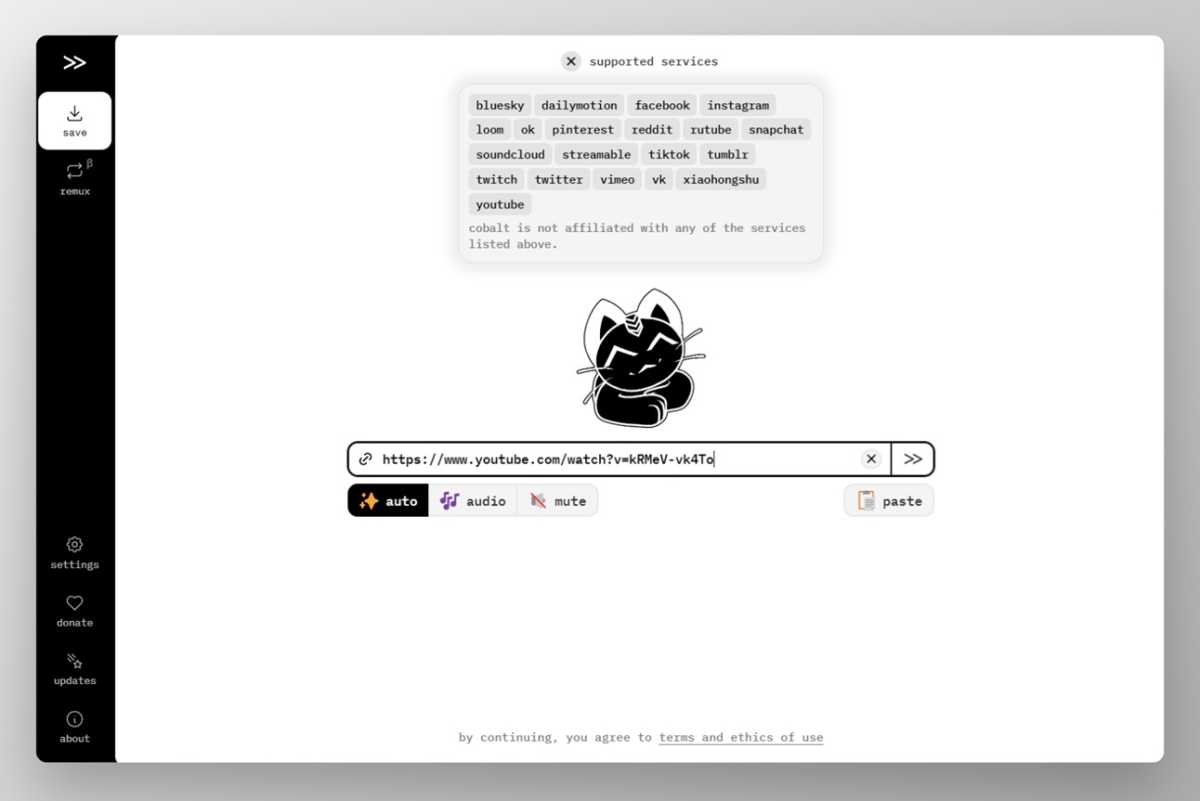About 10 years ago, a prominent tech executive confidently informed me that computer files would become obsolete. The exec was Bret Taylor, who at the time was building a Microsoft Word alternative called Quip. (He previously oversaw the birth of Google Maps and served as Facebook’s CTO, and later became the co-CEO of Salesforce.)
Taylor argued that Quip and other online-first services like Google Docs, Netflix, and Spotify were making file management unnecessary, and that conventional file formats like .DOC or .MP3 would eventually seem as antiquated as the floppy disk.
His prediction has, in many ways, proven accurate. File management is now a foreign concept to an entire generation of young tech users, and you have to be a special kind of nerdy to consume media without relying on streaming services. If someone emails you a Word document, you might be more annoyed than if they’d linked to a Google Doc.
But I’ve always found the humble computer file to be more than just an occasional nuisance. I enjoy using apps that produce easily-accessible files on my devices, because those files are under my command and can’t be taken away. Not the case with many of the online services we rely on.
And this philosophy is gaining fresh life in some tech circles as people reckon with the trade-offs of a file-free future.
This column first appeared in Advisorator, Jared’s weekly tech advice newsletter. Sign up to get tech advice like this every Tuesday.
Why files still matter
Streaming services can remove content and impose new access restrictions on a whim. Facebook and Google have locked people out of their accounts by mistake, rendering photos and communications inaccessible. Useful online resources could one day vanish from the web without warning. It’s all beyond your control.
Preserving your own files can be a countermeasure against these kinds of scenarios. But beyond just data preservation, files provide a kind of freedom to choose the best tool for a given job.
These days, I do most of my writing in Obsidian, which stores documents on my computer in Markdown format. If Obsidian goes away, or if I ever just want to try a different app, I can open those files in another Markdown editor without having to convert, upload, or migrate. Same goes with photos. I automatically back up my phone’s camera roll to Google Photos, but I also keep copies in OneDrive and on my computer. That means I can try out other solutions (like the offline-first Mylio) without going through Google’s time-consuming export process.
Perhaps best of all, a file collection says something about you. It’s an all-encompassing representation of your digital life that—unlike most things in tech—becomes more valuable with time.
Dig deep into my computer, for instance, and you’ll find a folder called “OldComputer.” This is one of my most cherished digital time capsules, a treasure trove of forgotten photos, college music projects, early web creations, and embarrassing AOL Instant Messenger chat logs that I apparently thought were worth keeping. Rifling through these old folders evokes feelings that Google Docs and Spotify can never guarantee.
Here’s how you can get started

Jared Newman / Foundry
I’m not saying you need to drop all your online-first services in favor of strict file zealotry, or that you shouldn’t use cloud-based services for backup or syncing purposes. I still use all of those things because they’re useful and convenient. But if you value more control over your digital footprint, consider cultivating a file collection as part of that:
- Cobalt.tools is a free web-based utility that converts content from YouTube, Instagram, and other online sources into downloadable video and audio files.
- PlayOn, which I’ve written plenty about on the cord-cutting beat, can save videos from streaming services such as Netflix and Hulu.
- Keep an offline archive of articles you find useful. The Single File browser extension can save web pages as self-contained HTML files that are readable offline, and Obsidian has a free web clipper that works in tandem with its desktop app.
- If you’re a big note-taker, consider apps that store your notes in open formats that other apps can access. Obsidian is one, but there are others, like Joplin and Logseq.
- It’s not for everyone, but building a music file collection has been one of the more rewarding pastimes I’ve undertaken in the last 10 years. I buy a lot of albums on Bandcamp—which makes artists more money than streaming services—along with the occasional CD, which I immediately digitize.
Meanwhile, I’m glad that the idea of owning your files is gathering momentum. Obsidian CEO Steph Ango calls this philosophy “file over app” while Matt Birchler calls it “downloading the things you love“. However you label it, I think the idea is worth cherishing even if big tech execs would prefer that you didn’t.
This column first appeared in Advisorator, Jared’s weekly tech advice newsletter. Sign up to get tech advice like this every Tuesday.
Inicia sesión para agregar comentarios
Otros mensajes en este grupo.

A current processor will no longer be able to compete with the latest

If you’re going to get a new gaming laptop, it should be one that wil

Chances are, if a monitor sits on your desk, more than one device is

Modern tech has two annoying problems: first, too much cable clutter

Microsoft has once again needed to intervene due to a problematic Win


Microsoft unveiled a swath of new AI features during its 50th birthda
